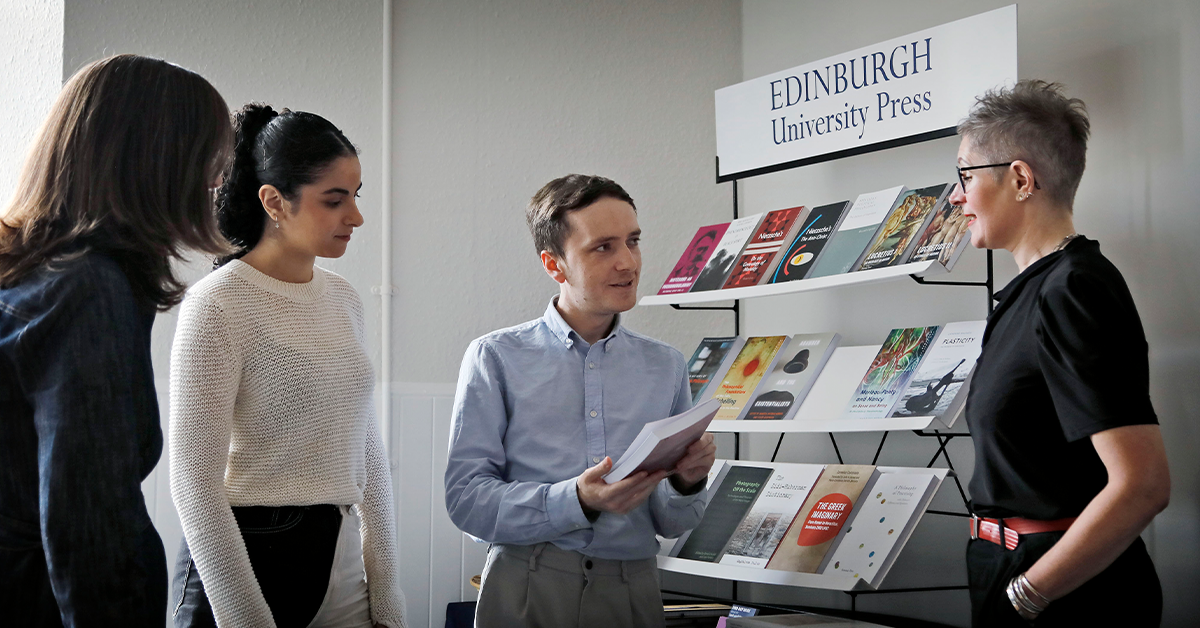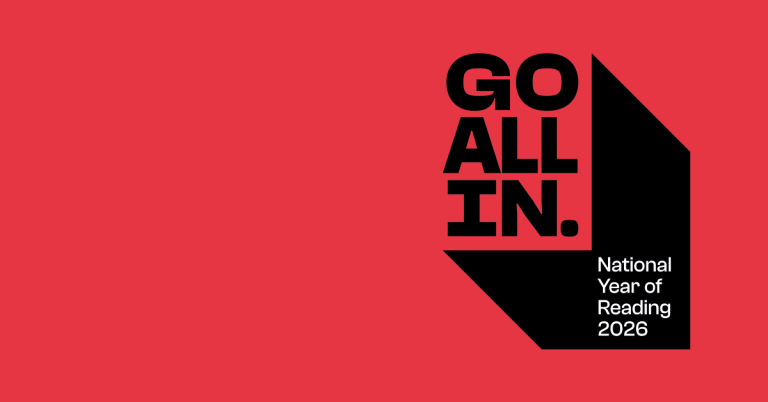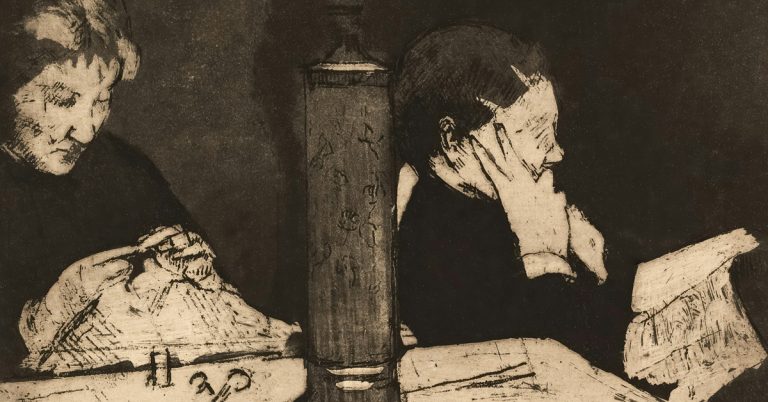
By Isobel Birks, Elizabeth Fraser and Sam Johnson
What inspired you to set up the internship?
Publishing is a competitive industry to get into and we noticed that most applicants being hired for entry-level positions already held a master’s degree (either in publishing itself or another subject). We wanted to create an alternative path into the industry for people who are unable to afford or who don’t wish to pursue postgraduate study. We drew inspiration from other internships currently offered in the UK when setting up the EUP Publishing Internship, but we also felt strongly that the opportunity should be open to school leavers and people without undergraduate degrees as well to lower the barrier of entry even further. This set us on the road to designing an internship that prioritises widening participation, accessibility and inclusion.
How did you decide on the core responsibilities of the EUP Publishing Intern?
Practical IT skills are fundamental in the publishing industry so we chose core responsibilities in the books editorial department that would allow the intern to become well-versed in our data management systems, while completing essential administrative tasks to support the assistant editor team. Communication skills are also extremely important so we have given the intern plenty of opportunities to communicate directly with academics and get to know our authors. We hope that all of these tasks will contribute to the intern feeling like a productive member of the editorial team, knowing that they are making a valuable contribution to EUP’s mission and strategic plan. At the same time, monthly departmental rotations (including in Journals, Sales & Rights, Marketing and Production) will give them a broad insight into the industry so that they can start narrowing down which area of publishing they’d like to pursue in their career.
How will the intern be supported?
We were very conscious that the EUP Publishing Intern would need to be well-supported, especially if it was their first office-based role. In addition to the usual line management and HR support, they will receive confidence coaching from an independent publishing expert to enhance their personal and professional development. Furthermore, they have also been allocated a training budget to fund attendance at events and courses that will help build a foundation for further career progression. Finally, we have carefully selected an EUP buddy who they can chat to on an everyday basis and who can be a friendly face in the office.
How did you decide on the application process?
Writing a cover letter can sometimes feel a bit intimidating. Instead, we decided to ask three questions so that the applicants had a structure rather than starting with a blank page. The questions were designed to get applicants thinking about:
- Why they wanted to work for EUP and in academic publishing generally
- What makes a book interesting or successful
- How their existing problem-solving skills could apply in a publishing context
This also helped when giving feedback to unsuccessful candidates as we could break down their answers and give practical advice about how they might better approach each question in future applications.
What are your plans going forward for the EUP Publishing Internship?
We very much hope to run the EUP Publishing Internship again next year. We’re working closely with EUP’s EDIA working group to think about other institutional barriers to entering the industry and how the internship might help in widening participation. In addition, we plan to carry out further outreach with high schools in Edinburgh and the Lothians to reach demographics that were underrepresented in this year’s applicant pool.
What advice would you give to people trying to enter the publishing industry generally?
- Tailor your CV for each company (e.g. you may want to emphasise slightly different things when applying for a trade fiction publisher compared to an academic publisher) and make sure you are providing evidence of the ‘desirable skills and behaviours’ listed in the job description through practical examples of your work experience.
- Develop your IT and administrative experience. Nearly all entry-level jobs into publishing involve data management and hiring managers will be looking for transferable skills in this area.
- When answering application questions or writing a cover letter, always ensure that you link your experience back to the question and/or job description. Explain why it has made you an ideal candidate for the role.
- If talking about why you are interested in a book, remember to take a comprehensive approach: go beyond the content of the book and also think about its cover design, whether it has illustrations, who has endorsed or reviewed it, if it sits in a series, and – if it’s an academic publication – whether it is available Open Access.
- It is helpful to have some related experience to show industry awareness, e.g. volunteering at a book festival or in a library, peer proofreading, transcribing, book reviewing, volunteering related to language or literacy, writing for a blog or student newspaper.
- Finally, don’t be discouraged if you don’t land a job immediately! Keep honing your application skills and researching the industry.
Find out more
News story: EUP launches Publishing Internship
Blog: 75 years of publishing at Edinburgh University Press
About the authors
Isobel Birks (she/her) obtained an undergraduate degree in English Literature and History at Glasgow University (2014–2018) and a postgraduate degree in Publishing at Edinburgh Napier University (2021–2022). She has a background in sales and has completed various publishing internships at companies such as Penguin Random House and Floris Books. She is currently Senior Assistant Editor of Ancient History & Classical Studies and Islamic & Middle Eastern Studies at Edinburgh University Press.
Elizabeth Fraser (she/her) completed an undergraduate degree in Social Anthropology at the University of Edinburgh and then a Master’s in Postcolonial Studies at the University of Kent. Since graduating she has worked in non-fiction publishing. She is currently Senior Assistant Editor for Literary Studies at Edinburgh University Press.
Sam Johnson (he/him) studied History as an undergraduate at the University of Hull, followed by a Master’s in Publishing at Edinburgh Napier University. Since graduating he has worked in a variety of freelance and in-house roles, before joining Edinburgh University Press in May 2021. He is currently Assistant Commissioning Editor for Politics, Law and Linguistics at Edinburgh University Press.





